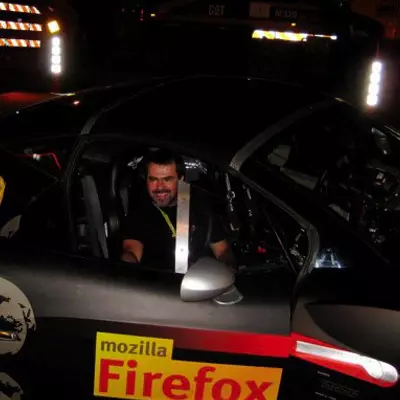129 reads
Gaming the System in the Search for AI Data
by
September 4th, 2024
Audio Presented by

An old chunk of coal, now on fire. A writer, for life. Web master since 1997.
About Author
An old chunk of coal, now on fire. A writer, for life. Web master since 1997.
